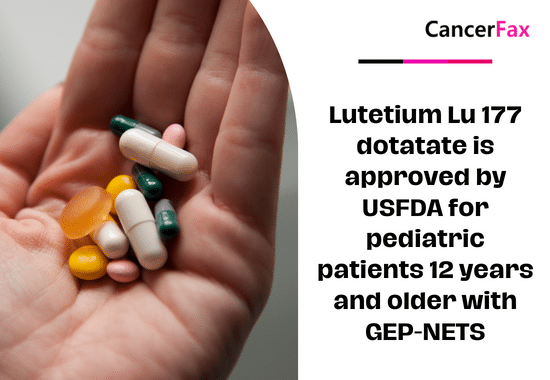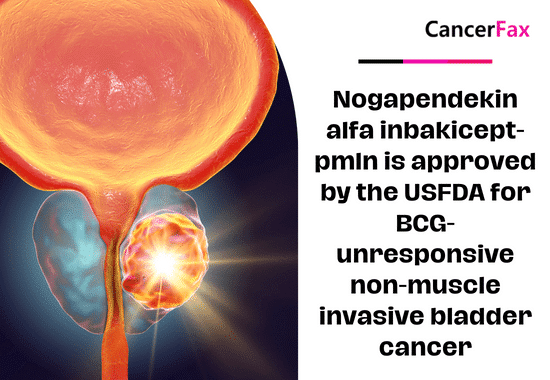Introduction
In the domain of oncology, immunotherapy has emerged as a pioneering methodology, harnessing the body’s immune system to combat malignant tumors. There are many immunotherapeutic approaches, but Chimeric Antigen Receptor (CAR) T cell therapy stands out as a game-changer because it works so well in some types of blood cancer. This discourse delves into the progression of CAR T cell therapy, with a specific focus on human-centered CAR T cell treatments, encompassing their current applications, advantages, adverse effects, and the persistent challenges in this avant-garde field.
Understanding CAR T Cell Therapy
In CAR T cell therapy, a patient’s T cells are genetically changed to express chimeric antigen receptors. This lets them find and kill cancer cells with specific surface antigens. This individualized strategy holds immense potential, particularly in the treatment of B-cell malignancies such as leukemia and lymphoma.
First-Generation CAR T Cell Therapy
Initial iterations of CAR T cell therapy featured first-generation CARs, comprising solely the CD3ζ signaling domain. Nevertheless, these constructs demonstrated limited efficacy and persistence, primarily attributed to insufficient T cell activation and rapid clearance.
Second-Generation CAR T Cell Therapy
To improve the functionality of CAR T cells, second-generation CARs were created by adding extra co-stimulatory domains such as CD28 or 4-1BB. These enhancements substantially enhanced T cell activation, proliferation, and persistence, culminating in heightened anti-tumor responses.

Present Applications of CAR T-Cell Therapy
The Food and Drug Administration (FDA) has approved six CAR T-cell therapies:
- Abecma (idecabtagene vicleucel)
- Breyanzi (lisocabtagene maraleucel)
- Kymriah (tisagenlecleucel)
- Tecartus (brexucabtagene autoleucel)
- Yescarta (axicabtagene ciloleucel)
- Carvykti (ciltacabtagene autoleucel)
Abecma (idecabtagene vicleucel)
Abecma, also known as idecabtagene vicleucel, is a groundbreaking CAR T-cell therapy approved for multiple myeloma. It targets B-cell maturation antigen (BCMA), offering hope for patients with this challenging cancer.
Breyanzi (lisocabtagene maraleucel)
Breyanzi, also known as lisocabtagene maraleucel, is a promising CAR T-cell therapy that has been approved to treat some types of large B-cell lymphoma. It works by genetically modifying a patient’s T cells to target CD19, a protein found on cancer cells. Breyanzi represents a significant advancement in the treatment of this aggressive cancer.
Carvykti (ciltacabtagene autoleucel)
Carvykti, or ciltacabtagene autoleucel, is an advanced CAR T-cell therapy designed to combat multiple myeloma. By focusing on BCMA, a protein that is often found on myeloma cells, Carvykti hopes to open up a new way to treat people with this harsh and complicated blood cancer.
Kymriah (Tisagenlecleucel)
The FDA approved Kymriah as the first CAR T cell therapy in 2017 to treat pediatric and young adult patients with relapsed or refractory B-cell acute lymphoblastic leukemia (ALL). It has also garnered approval for managing adult patients with relapsed or refractory diffuse large B-cell lymphoma (DLBCL) following two or more lines of systemic therapy.
Tecartus (brexucabtagene autoleucel)
Tecartus, or brexucabtagene autoleucel, is an innovative CAR T-cell therapy authorized for mantle cell lymphoma. It meets a medical need by reprogramming a patient’s T cells to recognize and attack CD19-expressing cancer cells. Tecartus is a promising treatment option for people whose mantle cell lymphoma has returned or is no longer responding to treatment.
Yescarta (Axicabtagene Ciloleucel)
The FDA approved Yescarta in 2017 to treat adult DLBCL patients who have tried two or more lines of systemic therapy but are either not responding or returning to them. This includes DLBCL that is not otherwise specified, primary mediastinal large B-cell lymphoma, high-grade B-cell lymphoma, and DLBCL that comes from follicular lymphoma.
Distinctions Between Kymriah and Yescarta
While both Kymriah and Yescarta target CD19-positive B-cell malignancies, notable disparities exist between the two therapies. A significant differentiation lies in their manufacturing processes. Kymriah is manufactured utilizing a patient’s autologous T cells, whereas Yescarta employs T cells from a healthy allogeneic donor. Additionally, Yescarta employs a distinct co-stimulatory domain (4-1BB) in contrast to Kymriah (CD28).
By cancer type, they are approved to treat:
Acute lymphoblastic leukemia (ALL): Kymriah is approved for patients up to age 25 with B-cell precursor acute lymphoblastic leukemia that resisted treatment or came back after treatment (relapsed). ALL is one of the most common and lethal forms of cancer in children and young adults.
B-cell lymphoma: Yescarta, Kymriah and Breyanzi are approved for adults with large B-cell lymphoma who have resisted two or more therapies or relapsed. This aggressive blood cancer is the most common type of non-Hodgkin lymphoma.
Follicular lymphoma (FL): Yescarta is approved to treat adults (18 and older) with follicular lymphoma that has resisted treatment or came back after two other therapies.
Mantle cell lymphoma: Tecartus is approved for adults with treatment-resistant or relapsed mantle cell lymphoma.
Multiple myeloma: Abecma and Carvykti are approved to treat adults (18 and older) with multiple myeloma that did not respond, or that returned, after four other therapies.
Advantages of CAR T-Cell Therapy
The merits of CAR T cell therapy are profound, offering potentially curative outcomes for patients grappling with refractory or relapsed hematologic malignancies. Unlike conventional modalities such as chemotherapy or radiation therapy, CAR T cell therapy presents a targeted approach, mitigating harm to healthy tissues and diminishing systemic side effects. Furthermore, CAR T cell therapy can induce enduring remissions, affording patients an enhanced quality of life and a prospect for prolonged survival.

Adverse Effects of CAR T-Cell Therapy
Despite its remarkable efficacy, CAR T cell therapy is linked to distinctive side effects termed cytokine release syndrome (CRS) and neurotoxicity. When activated T cells quickly release cytokines, it can cause a range of symptoms, from fever and tiredness to more serious ones like low blood pressure and capillary leak syndrome. Neurotoxicity, which is also known as immune effector cell-associated neurotoxicity syndrome (ICANS), causes the central nervous system to become inflamed and cause symptoms like confusion, delirium, and seizures.
Human-Based CAR T-Cell Therapy: Confronting-Challenges
While extant CAR T cell therapies have exhibited remarkable success, several challenges endure. A primary obstacle is the emergence of antigen escape variants, where cancer cells cease expression of the targeted antigen, fostering treatment resistance. Furthermore, the exorbitant costs and logistical intricacies associated with producing personalized CAR T cell products present impediments to widespread adoption. Tackling these challenges necessitates continuous exploration of novel targets, refined CAR designs, and streamlined manufacturing processes.
Future Trajectories in Human-Based CAR T-Cell Therapy
The future trajectory of human-based CAR T cell therapy holds immense promise, with ongoing endeavors concentrated on broadening its applicability to diverse hematologic malignancies and solid tumors. Gene editing technologies like CRISPR/Cas9p are getting better, which means that precise genetic changes are possible. This makes CAR T cells more effective and safer. Also, making CAR T cell products that can be bought without a prescription from universal donor cells could solve manufacturing problems and make treatment easier for more people.
In Conclusion
Human-centered CAR T cell therapy epitomizes a pioneering approach in cancer management, furnishing personalized and targeted therapy with the potential for enduring remissions. While current CAR T cell therapies have demonstrated remarkable success in specific hematologic malignancies, sustained research and innovation are imperative to address lingering challenges and broaden the therapeutic landscape.
With progressive advancements, CAR T cell therapy is poised to revolutionize the treatment paradigm for cancer patients, offering renewed optimism for individuals grappling with refractory or relapsed disease.


